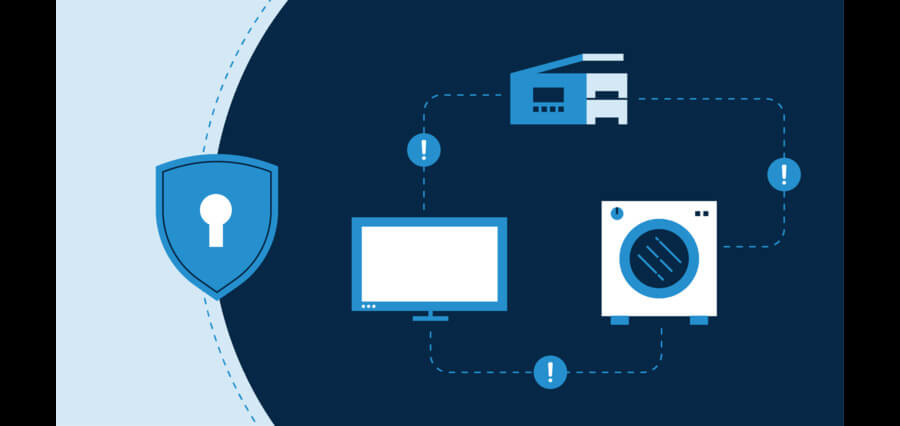In an effort to counteract the growing trend of criminal organizations taking advantage of weak supply chains to target larger prizes, Home Affairs Minister Clare O’Neil is advocating for an increase in cybersecurity among 2.5 million small firms.
Under the funding that Ms. O’Neil will reveal on Monday, small firms will have access to one-on-one support during cyberattacks and optional cyber health checks.
The goal of the action is to address insecurity among the 97% of “small” businesses, the majority of which lack the time and resources to adequately prepare for cybersecurity incidents but will soon need to show a higher level of maturity in order to engage in vital supply chains.
“Our cybersecurity strategy will ensure that the support is available to help them understand and improve their own cybersecurity,” stated Ms. O’Neil, who also mentioned that roughly 2.5 million firms would be able to use the program.
The plan, whose implementation is scheduled for next year, is preceded by the impending publication of the cybersecurity strategy—details of which have been making their way public in recent weeks—of the Albanese government.
A little over $7 million has been set aside to create a free, customized self-assessment of a company’s cybersecurity maturity as part of an optional cyber health check program. An additional $11 million has been set aside for a service called Small Business Cyber Resilience, which will help small firms deal with cyberthreats and help them recover from attacks.
The new initiatives, according to Luke Achterstraat, CEO of the small business lobby, will supplement the Cyber Wardens program run by the Council of Small Business Organizations of Australia, which will upskill 60,000 employees of small businesses with funding from the federal government.
Mr. Achterstraat asserted that “you don’t need to be an IT guru to take practical steps to reduce your cyber risk.”
According to Ashurst’s head of cyber response, John Macpherson, threat actors frequently target lesser participants in order to reach bigger fish.
“Many smaller companies will need to prove, hopefully with government support, that they can be, themselves, cyber secure. These companies play critical roles in the financial services, energy, and healthcare sectors,” he said.
In a report published last week, the corporate watchdog found that small businesses lacked the cyber maturity of their larger competitors.
The average score for small businesses was 1.42 out of 4, with 1.34 for detection, 1.36 for reaction, and 1.28 for recovery.
Read More: Click Here





